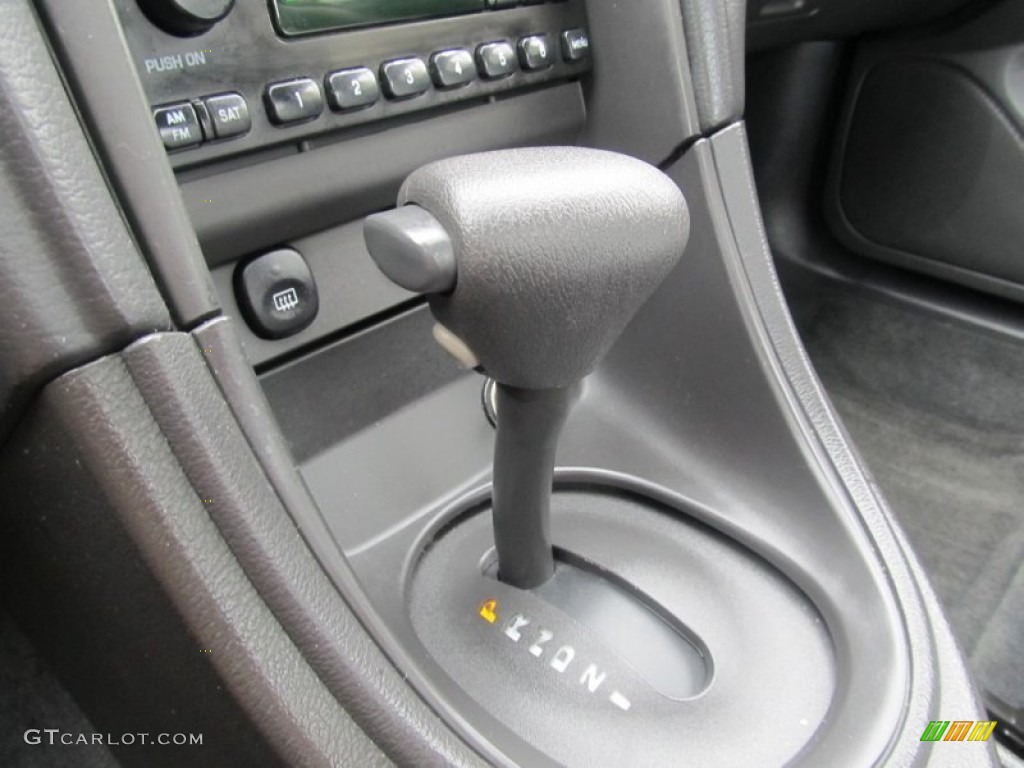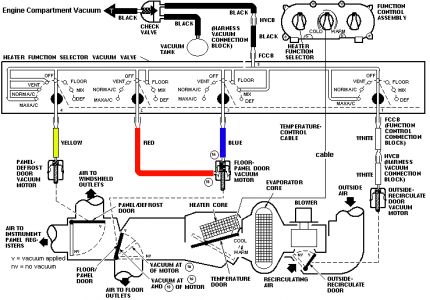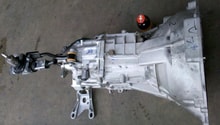Ford Mustang GT 1996-2004: Common Problems
The 1996-2004 GT has experienced some problems in recent years. Here's a rundown of the ones you'll want to know about and why.
This article applies to the Ford Mustang GT (1996-2004).
The 1996-2004 Ford Mustang GT has fared incredibly well among both automotive industry experts and customers alike. Rated highly for its ride and handling, as well as strong safety ratings and cutting edge in cabin safety features, the 1996-2004 GT is one of the most popular "pony" cars on the market today. The Mustang has only experienced a small number of recalls since entering the market back in 1996, which is particularly impressive when drawing a comparison to other similarly sized and similarly priced competitor cars on the market today. Let's take a look at some of the areas where Mustang owners have needed to pay special attention when maintaining their vehicle.
Common Problems
Automatic Transmission Shifting Issues
Some owners have complained that they're unable to shift after 1st gear. In some cases, however, they are able to resume shifting after reaching 3,000 revolutions per minute (RPM) and easing off the shift gear for a moment. If you are experiencing this issue, then the first course of action should be to check your transmission fluid, and then to run your trouble codes using an on-boarding diagnostic tool.

Air Conditioning Issues
If you experience problems with your air conditioner, it's recommended that you see a certified mechanic, as any number of problems or malfunctioning components could be at play here. Common issues include everything from leaking hoses to a complete system failure, which would require you to need a new air conditioning system. See your mechanic immediately.

Issues with Aftermarket Stereo Upgrades
You can absolutely remove your factory radio in your 1998 Ford Mustang GT and replace it with an aftermarket deck and other stereo equipment. If you opt for an amplifier, however, you'll need to splice the wire so it goes directly to the factory harness. An adapter was not built into the vehicle's Mach 1 radio system.

Common Questions
How many miles does the Ford Mustang typically last?
The 1996-2004 Mustang GT is manufactured to achieve at least 180,000 to 200,000 miles of travel. However, it's possible to surpass this mark by maintaining your major systems and keeping your fluids clean.
What is the best tip for checking a transmission?
Unless you are a licensed Ford dealer or certified mechanic, it's best to make an appointment to have your transmission inspected at a Ford dealership or local mechanic's shop. Your dealer or mechanic will inspect the quality of your transmission based on how hard your engine works at specific RPMs. A quick inspection of the transmission fluid will also reveal whether your transmission has been properly lubricated. If you want to know what type of transmission you have, check your door panel label for a short code (your local Ford dealer can decode the number).
What is the average gas mileage I should expect?
Driving 85 percent of the time on the highway and 15 percent of the time in the city, you could reasonably expect to achieve an average of 23 miles per gallon.
Other Common Issues
Idle Air Control Valve (IAC) Replacement
The IAC in your 1996-2004 Mustang GT can become worn down over time, particularly if you are an aggressive driver (even if you're only an aggressive driver from time to time). It's easy and affordable to replace a worn down IAC. Expect to pay around $50 and spend about 5 to 15 minutes completing the repair.
Clutch Replacement
If the clutch in your 1996-2004 Mustang GT gives out at around the 130,000-mile mark, have it replaced by a certified mechanic. This would not be considered an uncommon repair considering the age of your vehicle. If you are nearing the 130,000-mile mark, have your local Ford dealer inspect your clutch housing for wear and tear, particularly if you notice it starting to slip. Generally speaking, bad shifting habits could cause your clutch to become damaged prematurely.
Intake Manifold Replacement
It is common for cracks to appear in the intake manifold, requiring the need for a replacement. Visit your local mechanic or Ford dealer to have your intake manifold replaced. Depending on your driving style, you might not need to replace your intake manifold at all. If you do, however, it shouldn't be necessary until you're at least at the 150,000 to 200,000-mile mark.
Related Discussions
- Common Problems - Mustangforums.com
- Used Car Buyer Tips - Mustangforums.com
- 1998 Ford Mustang Issues - Mustangforums.com






